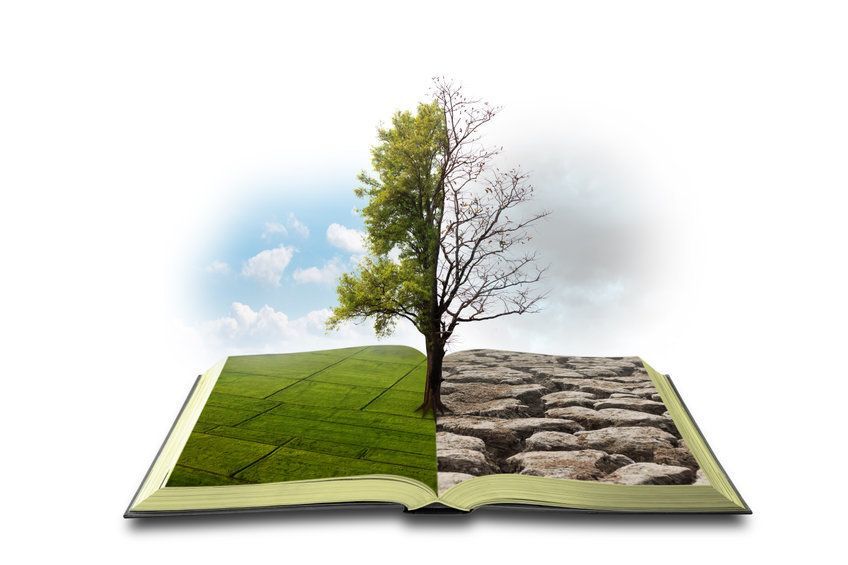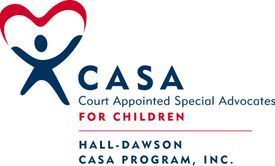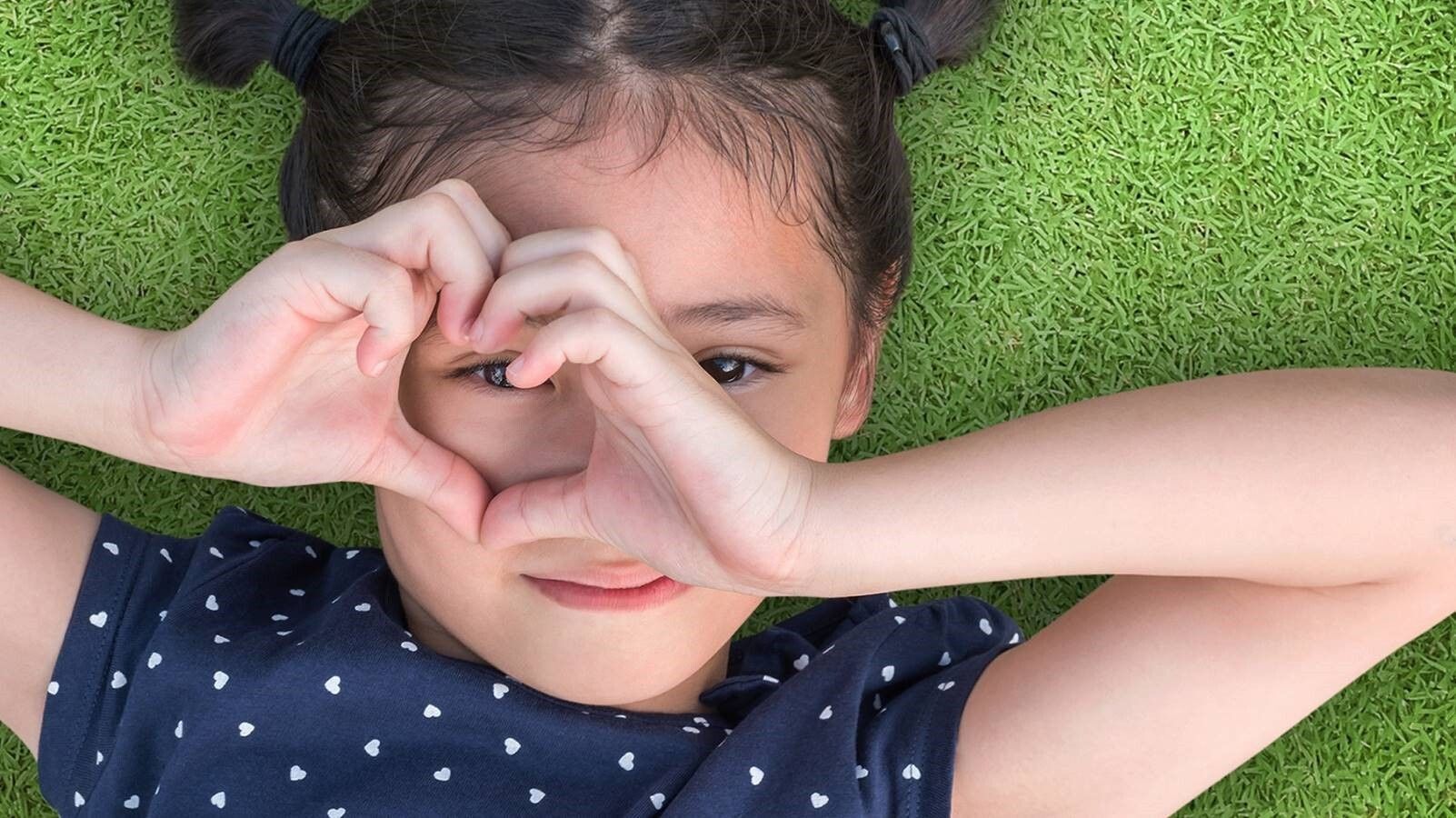
Wrapping up last week, our staff of ten was tired. Is it a full moon? Nope. This is just the ebb and flow nature of child welfare. It seems like some days, weeks, and months are filled with more success stories than others, and then the heavy and hard ones hit like a bag of bricks, weighting us down and scrambling for a breath.
The world of child welfare is not black and white, tied up with a pretty bow. Somedays I wish it were. But if all of life resulted with a pretty bow, then where would we see the resilience and power of the human spirit to survive.
This week I was observing court hearings with our current class of CASA trainees. The training class to become a CASA is not a walk in the park, and includes 30 class hours and 10 hours of court observations. The court observations can be the pivotal point in training when the pieces of knowledge begin to come together and bring better understanding to the process. This is where they also begin to form their identity as a CASA volunteer. An as Advocate.
Can I let you in on a secret? I LOVE observing court. The drama, the people, the intricacy and nuances of the law. It’s all fascinating to me. But more than fascinating, it can be heartbreaking. This week we watched more than 10 hours of court proceedings together. The trainees had many questions but I saw a shift in these questions. Monday the questions were more broad, full of overwhelm at the scope of what was happening, frustration for the length of time one case might take, (Our average has been around 18 months from start to finish but has been increased as a result of the pandemic.), and disgust at parents appearing to choose drugs or an abusive partner over being reunified with their precious children. Contrast that to Friday when I saw tears, compassion, empathy, and a drive to make a difference.
The reactions of the CASA trainees from Monday to Friday were very different! How did we arrive at such a different place, perspective, and response to almost identical situations? Knowledge. One of Maya Angelou’s famous quotes is to “do the best you can until you know better. Then when you know better, do better.” Knowledge and awareness does not change the situation a CASA will encounter, but it should change the way in which we view and respond to a situation. The process of imparting knowledge to our CASA trainees is all about relationship. Developing a relationship and partnership to help them grow in knowledge, and modeling this in hopes they will exhibit this same relationship with a child and family. How can knowledge change the trajectory of a child’s life? I hope we can all agree the answer is astronomically!
In addition to knowledge, the difference from Monday to Friday is Awareness. We discuss in training, and throughout the volunteer experience, about the “Resource Lens.” Simply put, are we looking for strengths or deficits, positives or negatives, in any given situation? Based on the lenses we use our perception and associated response will be different. I, for sure, never want to be viewed through a deficits model but would much rather someone focus on my strengths (aka resources) first. This does not mean to ignore challenges or errors (aka deficits), but to focus on the strengths as a way to address and overcome the challenges. Let’s look at the situation as simply stated by Bryan Stevenson, an author, lawyer and the founder and Executive Director of the Equal Justice Initiative: “I believe that each person is more than the worst thing they’ve ever done.”
This is a message of hope. I am hopeful that others will not view me in only the light of my worst mistake in life. I am hopeful that the CASA trainees we work with will be equipped to challenge their stereotypes and assumptions with knowledge and awareness. I am hopeful they will make a difference in the life of a child. I am hopeful that child can change the world.

